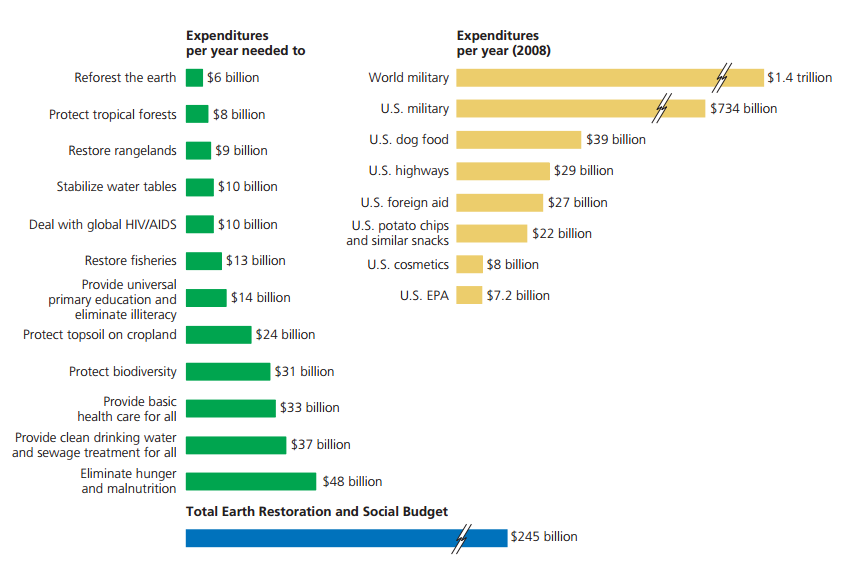In the areas of most rapid subduction, the down-going slab may remain rigid enough to spawn large earthquakes to depths of 7,000 km.
Answer the following statement true (T) or false (F)
False
You might also like to view...
Which of the following is a biodegradable pollutant?
a. mercury b. plastic c. arsenic d. glass e. crude oil
Suppose that the concentration of DDT in a lake is 0.0000003 ppm (parts per million) and the concentration of DDT in the tissues of an osprey (a fish-eating bird) is 25 ppm. This is an example of ________
A) biodegradation B) biotruncation C) biomagnification D) bioreduction E) bioremediation

What will be an ideal response?
Rocks can contain some organic material but minerals cannot
a. True b. False Indicate whether the statement is true or false